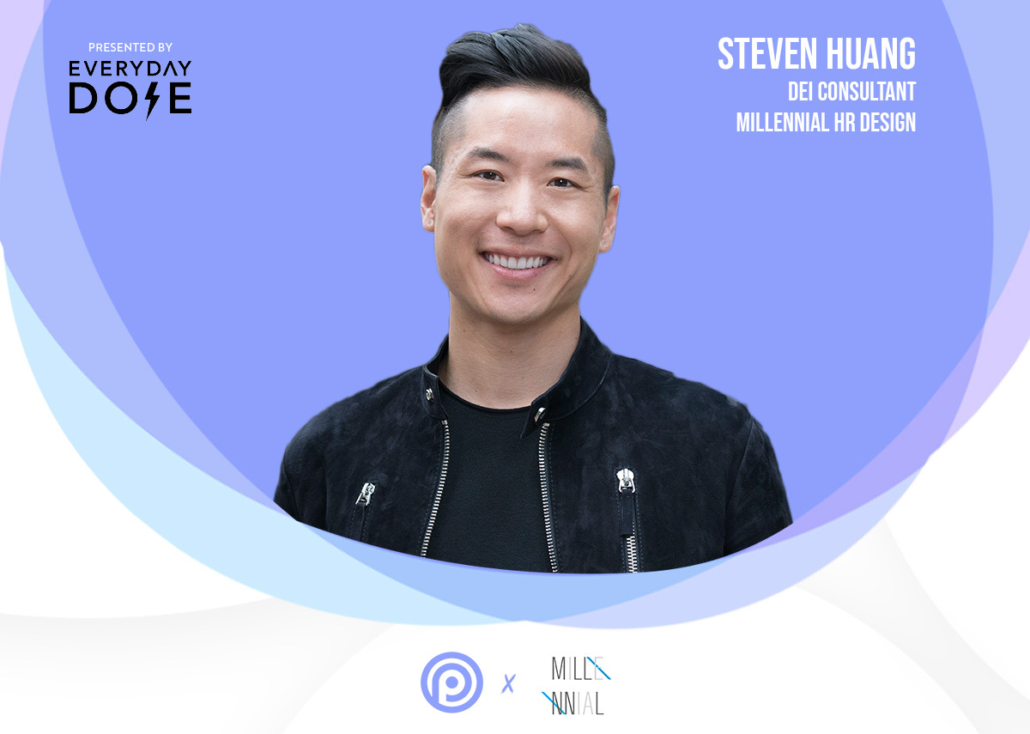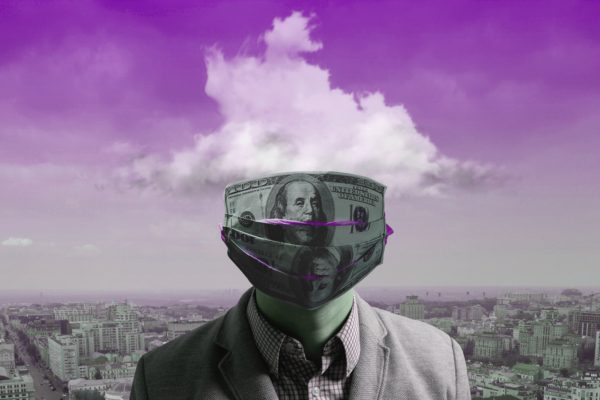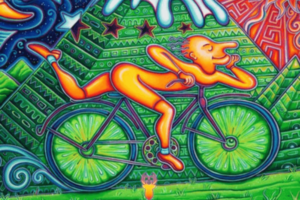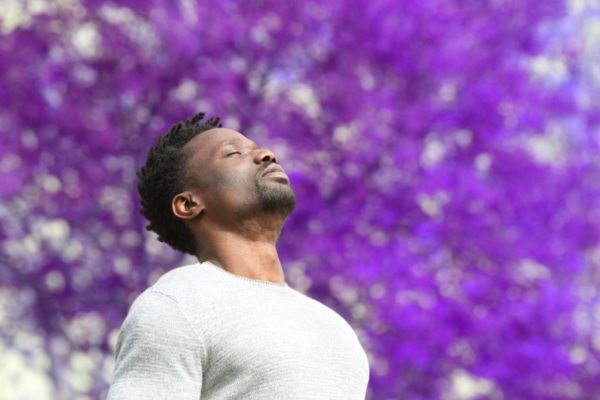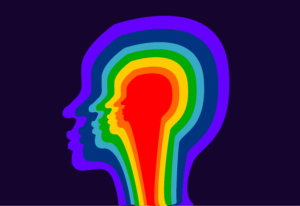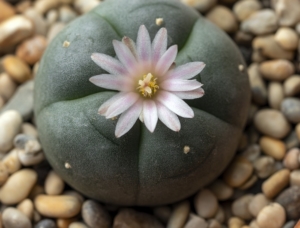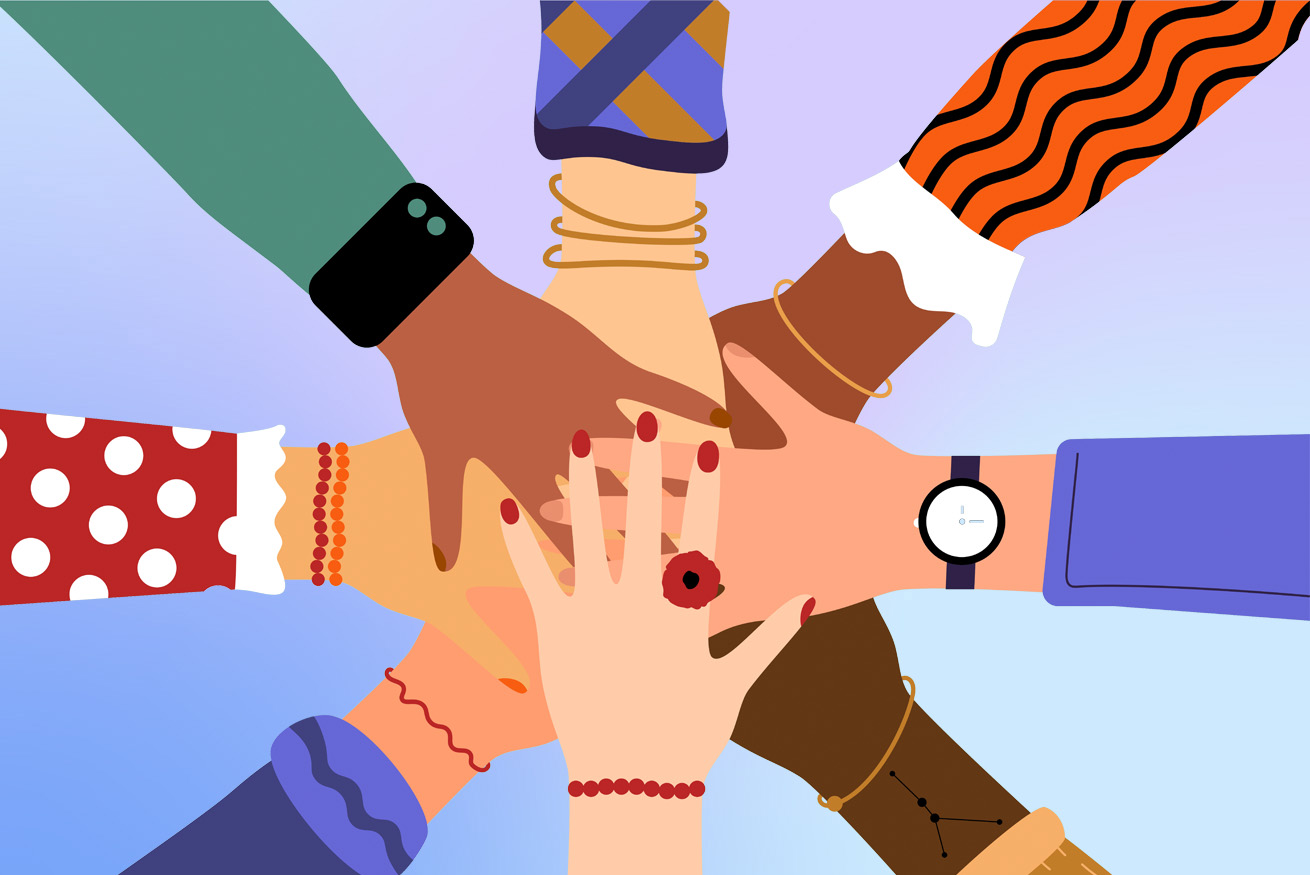
Cis white men of privilege have routinely been overrepresented in the psychedelic industry, according to this week’s Psychedelic Spotlight podcast guest Steven Huang. But the hallucinogenic enthusiast turned Diversity, Equity, and Inclusion (DEI) expert is doing his best to change the landscape for the better.
“It was just in the last year where I was thinking it’s time to bring [psychedelics and diversity] together,” Huang said during the wide-ranging conversation, adding, “The time has come for us to join forces and harness the power of diversity to make sure that we grow ethically and responsibly and for everyone.”
Huang never expected to be harnessing the power of diversity as a career. For a long time, he didn’t even realize the DEI space existed. It was only after crunching human resources data for tech companies like Facebook and Square—and learning marginalized employees were being promoted and lower rates while experiencing higher turnover—that he discovered his yearning for helping companies grow more diverse and more inclusive.
Huang has since turned his attention to the intersection of psychedelics and diversity, two industries which he believes have much to learn from one another. He founded his own consulting company, the Millennial HR Design, and became a DEI consultant for the psychedelic medicine company Numinus and the Multidisciplinary Association for Psychedelic Studies.
Huang offered three important reasons for why diverse perspectives were vital to the psychedelic industry, including because it was good to keep in mind different groups can experience psychedelics in different ways.
“The real-world implications of having a bad trip are different for people of marginalized identities. They’re probably going to get treated differently by law enforcement,” he said, suggesting the industry should pursue community-based harm-reduction techniques in the hope of assuaging the concerns of marginalized groups wary of engaging with plant medicine.
Huang said there were genetic differences to consider, too. “People of different ethnicities actually react to and experience drugs differently,” he said. “We have to think about diversifying the trials if we actually want to ensure safety and acceptance in more groups.”
Similarly, he felt the Diversity, Equity, and Inclusion industry should look to psychedelics to expand its own horizons. “[The] industry needs innovative thinking, and psychedelics can help build empathy and help us see the other side of the coin,” he said. “We need that. We’re more polarized than ever.”
“There needs to be recognition of different viewpoints to be able to create inclusion and right now I feel like through social media, for example, we’re actually creating echo chambers and [aren’t able to] build bridges and build solutions together,” he later added.
In addition to a newfound sense of empathy, many psychedelic users report feeling profoundly connected to the world and those around them—almost as if everyone were one and the same. While Huang thought that was a great way to help people see past their differences, he cautioned against letting it erode one’s own sense of identity.
“Race and gender are social constructs, but they have real world implications,” he concluded. “So, it’s important to actually discuss identity and acknowledge the power that has on us.”
Listen to the entire podcast episode below.
